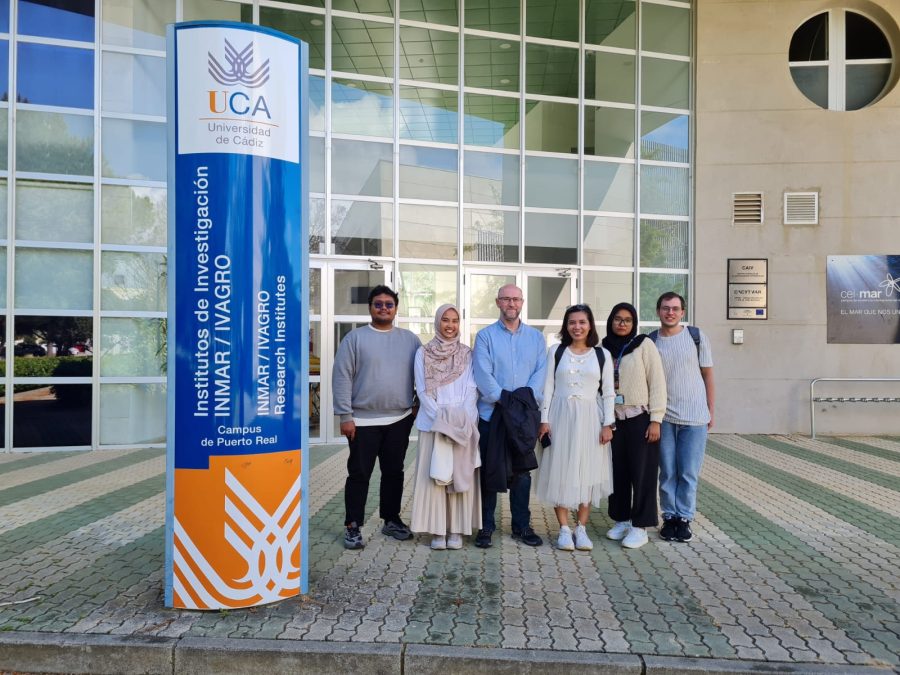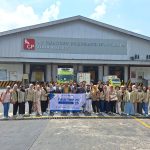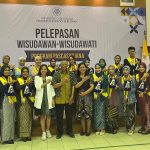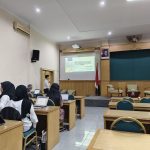The Student Satisfaction Survey is conducted regularly to assess students’ satisfaction with the program’s services for the 2023/2024 academic year, aiming to drive continuous quality improvement. The data collected covers both the Odd and Even Semesters (August 1, 2023 – July 31, 2024), with a total of 36 students participating as respondents. This page presents a summary of the survey results along with the proposed follow-up actions.
1. Reliability
How competent are the lecturers, academic staff, and administrators in providing services during the learning process in the 2023/2024 Academic Year?

Follow-up Action: Providing training for lecturers and academic staff in charge of study programs to enhance their ability to deliver excellent services to students.
2. Responsiveness
How willing are the lecturers, academic staff, and administrators to assist students and deliver services promptly in the 2023/2024 Academic Year?

Follow-up Action: The study program management team should establish standardized operating procedures that regulate the service timelines for lecturers, academic staff, and administrators in delivering services to students.
3. Assurance
How capable are the lecturers, academic staff, and administrators in assuring students that the services provided comply with the applicable regulations?

Follow-up Action: Periodically disseminating and reinforcing the regulations of the Study Program, Faculty, and University.
4. Empathy
How willing and attentive are the lecturers, academic staff, and administrators in providing support and care for students during the learning process in the 2023/2024 Academic Year?

Follow-up Action: The Study Program encourages academic advisors to dedicate time for regular meetings with their advisees.
5. Tangible
How do students assess the adequacy, accessibility, and quality of facilities and infrastructure in their Study Program, Department, and Faculty?

Follow-up Action: Proposing to the faculty to provide adequate and easily accessible facilities and infrastructure to support student activities.
Key points from the survey results for consideration in self-evaluation:
- Teaching Quality: The majority of students expressed satisfaction with the quality of teaching. However, some highlighted the need for improvements in material delivery to make it more interactive and relevant to the latest developments in food science and technology.
- Facility Availability: Laboratory and classroom facilities are generally considered adequate. However, there are requests for equipment upgrades and more flexible access, particularly for research activities.
- Thesis Supervision: Students appreciate the support and guidance provided by their academic advisors. However, some feel that more regular communication and clearer guidance are needed throughout the thesis-writing process.
- Administrative Services: Administrative services have generally received positive feedback. However, some suggestions have been made to streamline bureaucratic processes and provide clearer information regarding academic procedures.
- Academic and Non-Academic Activities: Students hope for more academic activities that involve collaboration with industry, as well as non-academic activities that can enrich their learning experience.




